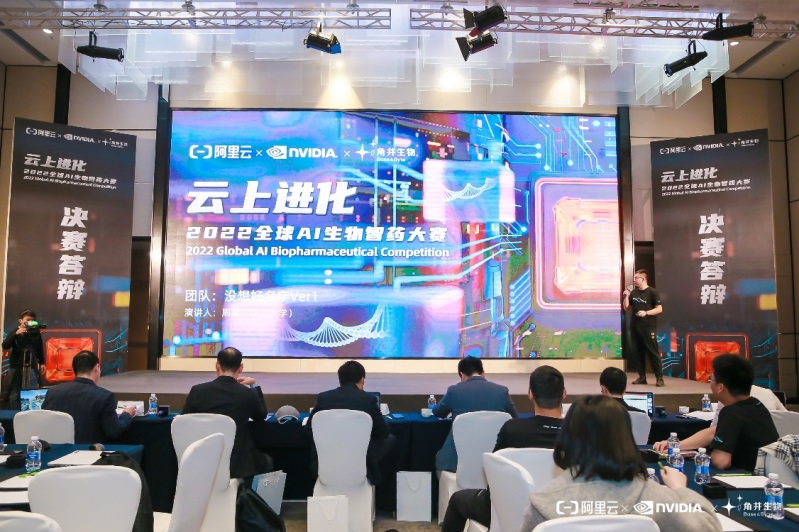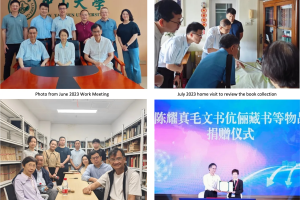
Resource: State Key Laboratory of Ophthalmology
Proofread by: Jiawei Wang
Edited by: Xianjing Wei
Reviewed by: Xiaoling Liang
On February 23, 2023, the final of the ‘Cloud Evolution’ 2022 Global AI Biopharmaceutical Competition was held in Shenzhen. After a series of intense competitions including online preliminary and semi-finals, in the ‘AI-based Algorithm for Broad-Spectrum Neutralizing Antibody Drug Design against SARS-CoV-2’ track,, Professor Zhi Xie's team from Zhongshan Ophthalmic Center, Sun Yat-sen University (ZOC) stood out from 3,126 teams from universities, research institutions, and enterprises and finally advanced to the final round with 8 other teams. After on-site defense and in-depth discussions on the competition topic, core theories and algorithms, and the future development of the antibody industry combined with AI, ZOC team ultimately ranked the second in the final.

Awarding ceremony
The 2022 Global AI Biopharmaceutical Competition, Cloud Evolution, was hosted by Alibaba Cloud in collaboration with NVIDIA and Beijing New Kangyuan Biotechnology. The academic committee members include Professor Jun Liu from Harvard University, Academician Qimin Zhan from Peking University, and Academician Dong Chen from Shanghai Jiao Tong Universit. The AI Biopharmaceutical Competition aims to promote the integration and development of cloud computing, AI, and life sciences, and to improve human life quality.
The participating team consisted of three graduate students from Professor Zhi Xie's team, Hao Zhou, Tong Li, and Zehua Tang, as well as Dr.Xiaoyi Zhu from Professor Tianlei Ying's team at Shanghai Medical College, Fudan University. Based on AI algorithms and combining biological experimental results, protein structure knowledge, and protein sequence information, the team achieved technological breakthroughs in data processing, model structure, and training strategies, and achieved precise predictions of antibody drug affinity, activity, and protein complex structures. Based on this, the team also proposed subsequent antibody design algorithms and optimization ideas, such as the generation model based on graph neural networks and conditional constraints, and conducted a series of experiments and evaluation studies on the design of SARS-CoV-2 broad-spectrum neutralizing antibody drugs. The project utilizes AI to assist in the design of broad-spectrum antibody drugs for COVID-19 and has a wide range of applications in the field of innovative drug development.


Final on-site defense











